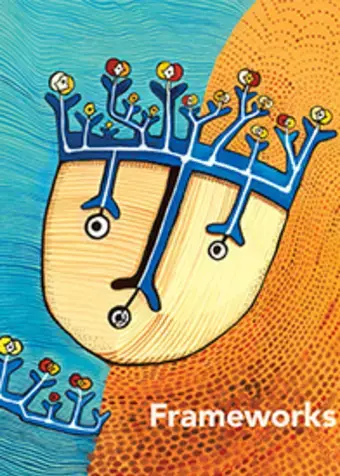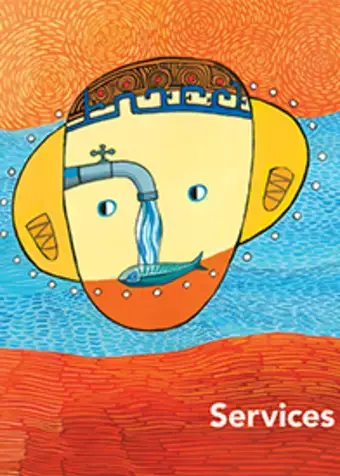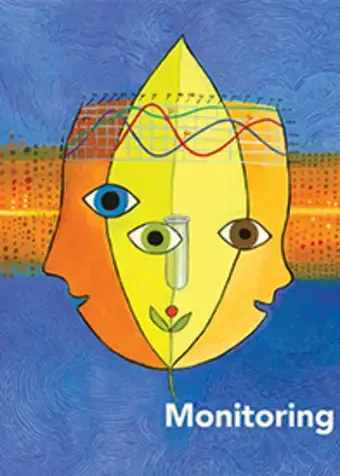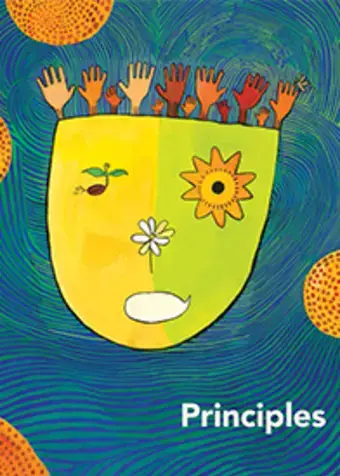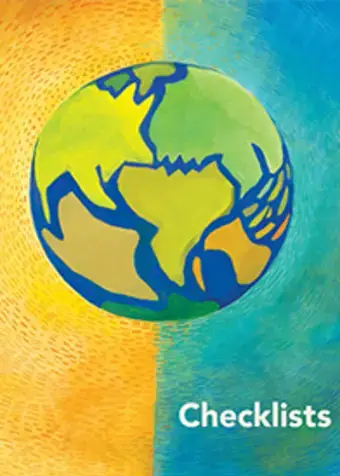Kisumu and Kakamega, Kenya 11 March 2015 - UN-Habitat in partnership with the Royal Kingdom of Thailand together with the County Governments of Kakamega and Kisumu last month launched the Thailand and UN-Habitat partnership for WASH in schools project at Matete Primary School. The launched follows last year’s contribution of USD 32,500 by the Royal Kingdom of Thailand to support UN-Habitat’s Lake Victoria Water and Sanitation Programme (LVWATSAN) which aims to assist small towns in the Lake Victoria in meeting the MDGs for water and sanitation.
UN-Habitat reaches out to Lamu County of Kenya
Nairobi 4 March 2015 - UN-Habitat last week hosted a consultative meeting in Gigiri with officials from Lamu County Government. The aim of the meeting was to explore possible areas of collaboration to support the county government in their pursuit to improve access to urban basic service within Lamu town. Lamu County was founded in 1370, and has been recognized as a UNESCO World Heritage Site listed in 2001, and a Biosphere Reserve in 1980.
UN Report Calls for Wastewater Focus in Post-2015 Agenda
Nairobi, 2 February 2015 - Only 20 per cent of global wastewater is currently being treated, leaving low-income countries hardest hit by contaminated water supplies and disease, according to a UN report which encourages governments to see treated wastewater as a valuable resource, and a priority for the post-2015 development agenda.
Experts debate water and sanitation in Brazil
Rio de Janeiro, Brazil. 02/12/2014 -- The lack of water in Brazil was the theme of the second seminar on " Challenges of Sanitation for All," organized last November by the Water, Sewage and Environment Workers Union of Espírito Santo state (Sindaema) at the Instituto Federal do Espirito Santo (IFES) in Victoria, Brazil.
